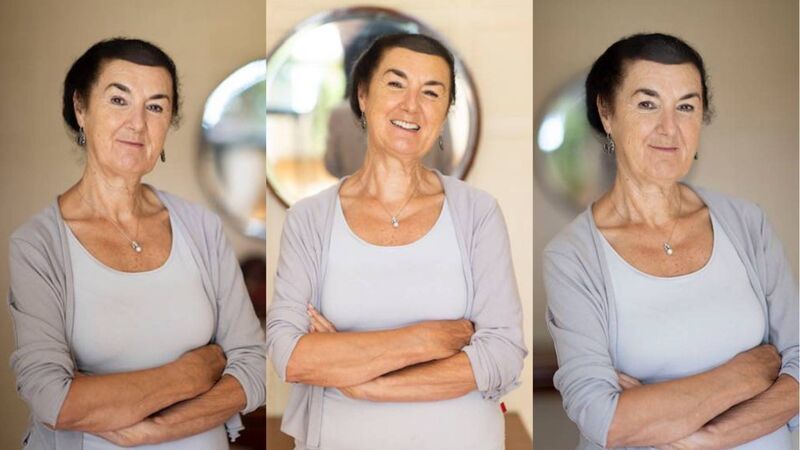Maureen Gaffney: 'Our national psyche has been traumatised'

Maureen Gaffney: There are always private crises but Covid-19 was on a mass scale
On a recent rainy Monday morning, Maureen Gaffney is looking back at the intense Covid period, at the lockdowns of 2020 and 2021, and thinking what an extraordinary curtailment of personal freedom we all endured.
“Whoever thought we’d wake up and have to wait to hear what the guidelines were around shopping, going outside the door, how far we could go, whether we could see our friends — how many, for how long and where? It was just the most extraordinary disruption,” says the leading psychologist and author.








